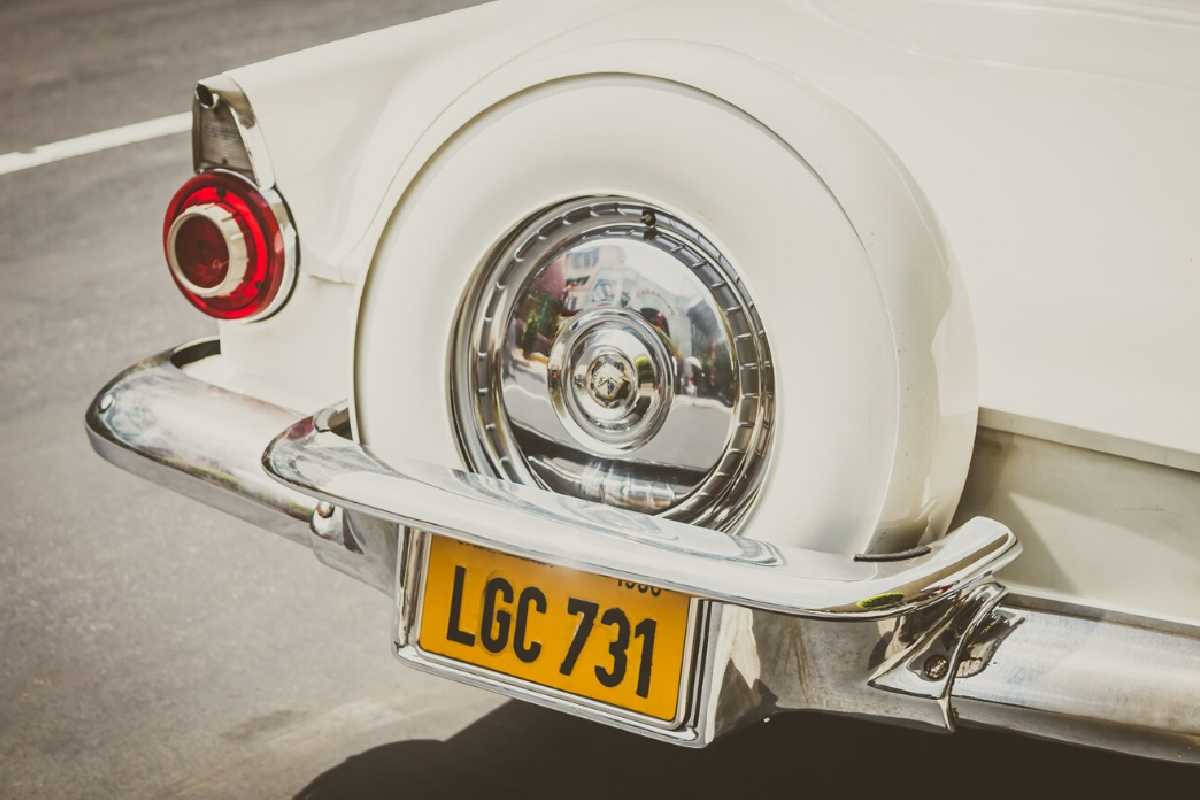Have you ever wondered whether private plates are more than just a way to personalise your car? Sure, they’re a fantastic way to stand out on the road, but could they also be a savvy financial move? The idea of private plates as investments has gained traction, but like any investment, they come with their own set of considerations.
Table of Contents
What Gives Private Plates Their Value?
Private number plates are much more than a random assortment of letters and numbers. The value lies in their uniqueness. Plates that spell out names, words, or initials are highly desirable, especially if they’re short, memorable, or connected to a popular trend or brand. For example, a plate like “JON 1” or “VIP 1” can command a premium because they’re rare and highly sought-after.
Rarity is the cornerstone of their value. The Driver and Vehicle Licensing Agency (DVLA) only releases a finite number of desirable combinations, and once they’re sold, that’s it—they won’t reissue the same plate. This exclusivity creates a demand that can push prices into the tens or even hundreds of thousands. If you’ve ever seen headlines about plates selling for staggering sums, that’s why.
But it’s not just about rarity. Market demand plays a significant role. Plates associated with popular names, businesses, or hobbies tend to fetch higher prices. For instance, a plate that appeals to car enthusiasts, like “F1 FAN,” might be worth more to the right buyer than something more generic.
Who Buys Private Plates, and Why?
People buy private plates for a variety of reasons, and understanding these motivations is key to evaluating their investment potential.
For many, it’s about personalisation. A unique plate is a statement piece, reflecting their personality, interests, or status. Businesses often use private plates as a branding tool, adding a professional touch to company vehicles. Then there are the collectors—individuals who buy plates purely for their value and potential to appreciate over time.
Some see private plates as a way to stand out or make a lasting impression. Imagine pulling up to an event in a luxury car with a plate like “CEO 1.” It’s not just a licence plate; it’s part of your identity.
For others, it’s all about the numbers. They look at plates as an alternative investment, similar to art or classic cars. If you’ve ever dabbled in collectibles, you’ll know that rarity and desirability can make for a profitable combination.
Are Private Plates a Good Investment?
This is the big question. Can private plates really make you money? The short answer is: it depends. Like any investment, there are risks, but there’s also potential for significant returns if you play your cards right.
Here’s what you need to consider:
- Initial cost – Private plates can range from a few hundred pounds to hundreds of thousands. The initial outlay can be steep, especially for plates with universal appeal.
- Market trends – Demand can fluctuate based on trends, economic conditions, and even cultural shifts. A plate that’s popular today might not be in a decade.
- Rarity – As mentioned earlier, scarcity drives value. Plates with fewer characters or specific combinations tend to hold their worth better.
- Storage and maintenance – Unlike physical assets, plates don’t require storage or upkeep, making them a relatively low-maintenance investment.
That said, not all private plates appreciate in value. The key is to invest in plates that have timeless appeal—those that will always be in demand, no matter the trends. For example, plates with common names or initials, or those that spell actual words, tend to perform better.
How to Get Started with Private Plate Investing
If you’re considering private plates as an investment, it’s essential to do your homework. Here are some tips to get you started:
- Research the market – Look at which plates have historically sold for high prices and why. Platforms like the DVLA auctions and private plate dealers can give you an idea of what’s in demand.
- Set a budget – It’s easy to get carried away, especially at auctions. Decide how much you’re willing to spend and stick to it.
- Think long-term – Plates often take years to appreciate significantly in value, so patience is key.
- Buy for quality, not quantity – One high-value plate is usually a better investment than several lower-value ones.
- Understand the transfer process – Familiarise yourself with how to transfer ownership of a plate. This ensures a smooth process when it comes time to sell.
The Emotional Value of Private Plates
While financial gain is one side of the equation, don’t overlook the emotional value of private plates. For many owners, the joy of owning something unique and personal outweighs the investment aspect. Whether it’s a plate that displays your name, celebrates a milestone, or reflects your passions, the intangible benefits can be just as rewarding.
What Are the Risks?
Of course, no investment is without risk. The market for private plates is niche, which means liquidity can be a challenge. Selling a plate at the right price often requires finding the perfect buyer, which can take time. There’s also the potential for market saturation—if too many similar plates flood the market, demand may drop.
However, these risks are manageable with careful planning and research. If you treat private plates as part of a diversified investment portfolio rather than your sole financial strategy, you’ll be in a better position to weather any market fluctuations.
A Unique Opportunity
So, are private plates worth the cost? If you choose wisely, they absolutely can be. Beyond the potential financial returns, they offer a level of personalisation and exclusivity that’s hard to beat. Whether you’re buying for yourself, your business, or as an investment, private plates hold a unique appeal that goes beyond mere numbers and letters. It’s about owning something truly one-of-a-kind.

